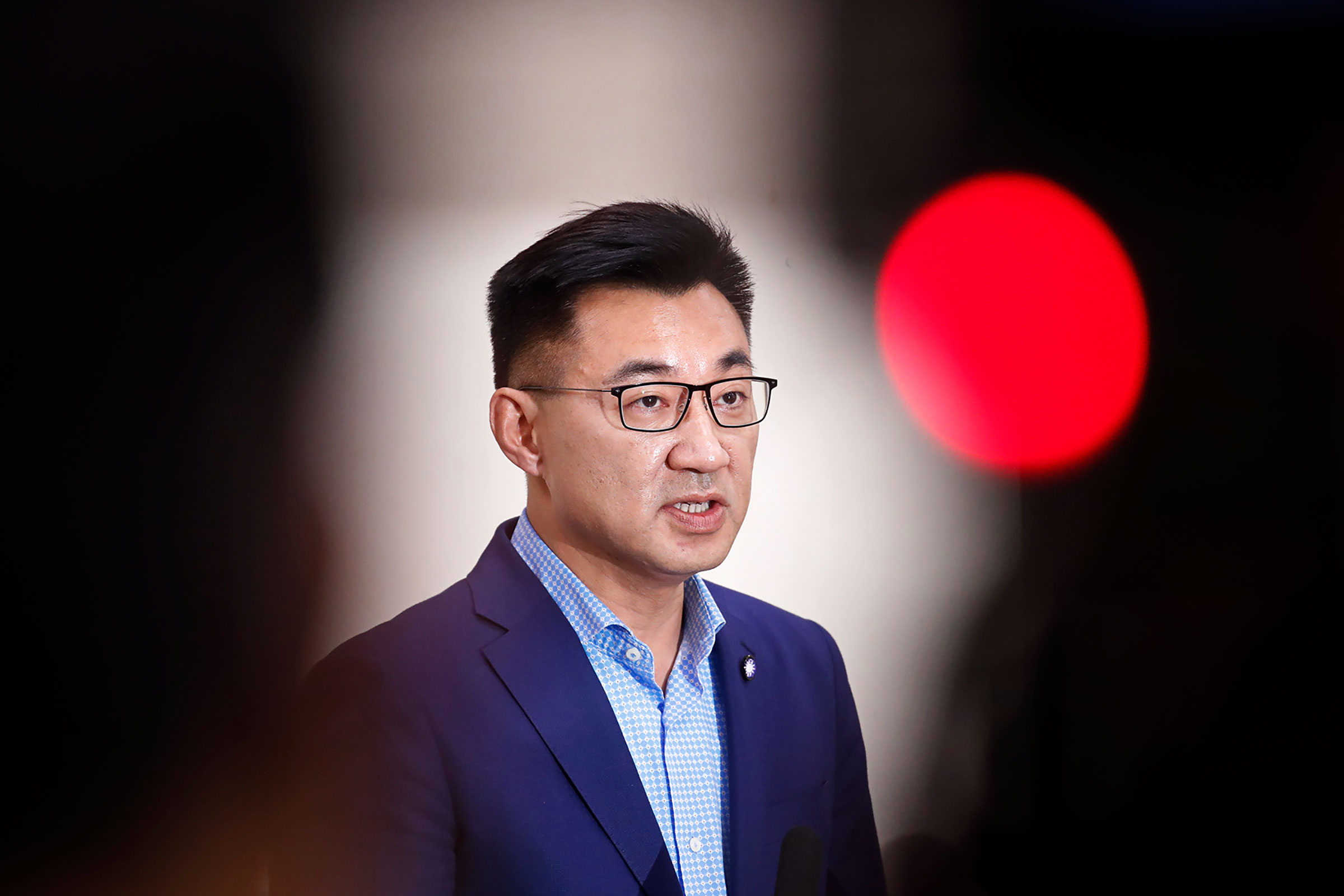Elected in 2020 as the youngest-ever leader of Asia’s oldest political party, 48-year-old Johnny Chiang knew that reforming Taiwan’s Kuomintang (KMT) wouldn’t be easy. But given that his party had just suffered two straight crushing election defeats, he knew they needed to move away from their aging base and attract a new generation of voters. The problem: the KMT has long held the position that self-ruling Taiwan and the Chinese mainland are a part of the same country—a notion welcomed by Beijing but alienating to young Taiwanese eager to forge their own way. Recalibrating this stance is vital to the future of the KMT; however, it risks angering an increasingly hawkish Chinese government, which has repeatedly vowed to invade should Taiwan declare independence. Moreover, the U.S. is obliged by treaty to sell Taiwan weapons, and could be drawn into any conflict. Regional stability may rely on the ability of Chiang—a U.S.-trained former academic and economist—to navigate this tightrope while quelling populist voices within his own ranks. “The youth will be the major decision-makers in our party,” Chiang tells TIME. —Charlie Campbell
- Donald Trump Is TIME's 2024 Person of the Year
- Why We Chose Trump as Person of the Year
- Is Intermittent Fasting Good or Bad for You?
- The 100 Must-Read Books of 2024
- The 20 Best Christmas TV Episodes
- Column: If Optimism Feels Ridiculous Now, Try Hope
- The Future of Climate Action Is Trade Policy
- Merle Bombardieri Is Helping People Make the Baby Decision
